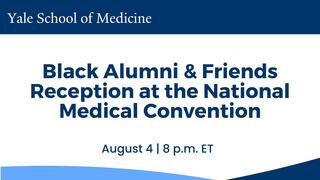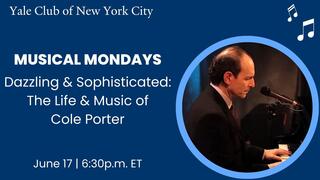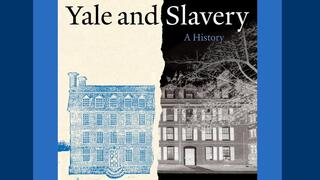Priscilla Gilman is the author of The Anti-Romantic Child: A Story of Unexpected Joy (Harper), a beautiful exploration of one woman’s expectations and hopes for her children, her family, and herself, and of the ways in which we are all capable of reimagining our lives and finding joy in the most unexpected circumstances. Gilman grew up in New York City and graduated from Yale summa cum laude and phi beta kappa, with exceptional distinction in the English major. She went on to earn her M.A. and Ph.D. in English and American literature at Yale, and spent two years as an assistant professor of English at Yale and four years as an assistant professor of English at Vassar College before leaving academia in 2006. From 2006-11, she worked as a literary agent at Janklow & Nesbit Associates, representing a wide range of literary fiction, inspirational memoir, wellness, and psychology/education books. During these years, she also taught poetry appreciation to inmates in a restorative justice program and to New York City public school students, and spoke at numerous early childhood and education conferences and events.
The Anti-Romantic Child, Gilman’s first book, was excerpted in Newsweek magazine and featured on the cover of its international edition. It received starred reviews in Publishers Weekly and Booklist, was an NPR Morning Edition Must-Read, Slate‘s Book of the Week, selected as one the Best Books of 2011 by the Leonard Lopate Show, and chosen as a Best Book of 2011 by The Chicago Tribune. The Anti-Romantic Child was one of five nominees for a Books for a Better Life Award for Best First Book and was awarded the Mom’s Choice Gold Award, rewarding the best in family-friendly media and literature. Andrew Solomon called it “rapturously beautiful and deeply moving, profound, and marvelous.” Gilman’s second book, The Critic’s Daughter, will be published by W.W. Norton. A memoir about her relationship with her brilliant and complicated father, the late drama and literary critic Richard Gilman, it is set in the heyday of intellectual culture in New York of the 1970s and 80s.
Gilman writes about literature, parenting, autism, and education and reviews fiction and literary non-fiction for the Daily Beast, The New York Times Book Review, The New York Times’ Motherlode, The Chicago Tribune, MORE, O: The Oprah Magazine, Real Simple, Redbook, the Boston Globe, and Huff Post Parents. Her December 2012 New York Times op-ed, “Don’t Blame Autism for Newtown,” was the most shared piece on the site for two days after its publication, and her Aug. 25, 2013, New York Times Book Review Back Page Essay, “Early Reader,” was also widely shared via social media.
Her Jan. 23, 2018, piece for Slate, “'My Spaceship Knows Which Way To Go': How David Bowie Helped My Autistic Son Become Himself,” has been read by millions of people worldwide after being praised and shared by the official David Bowie website and social media accounts.
Gilman is the parenting/education advice columnist for Susan Cain’s Quiet Revolution website, teaches literature classes at Yale Alumni College, and leads book groups and private writing workshops in New York City. A prize-winning teacher and with a background in the performing arts, Gilman speaks frequently at schools, conferences, and organizations about parenting, education, and the arts. She has received fellowships and grants from the Andrew W. Mellon Foundation, the Speranza Foundation, the Whiting Foundation, and the New York Council for the Humanities. In 2018, she became a certified Mindfulness and LovingKindness meditation teacher.



